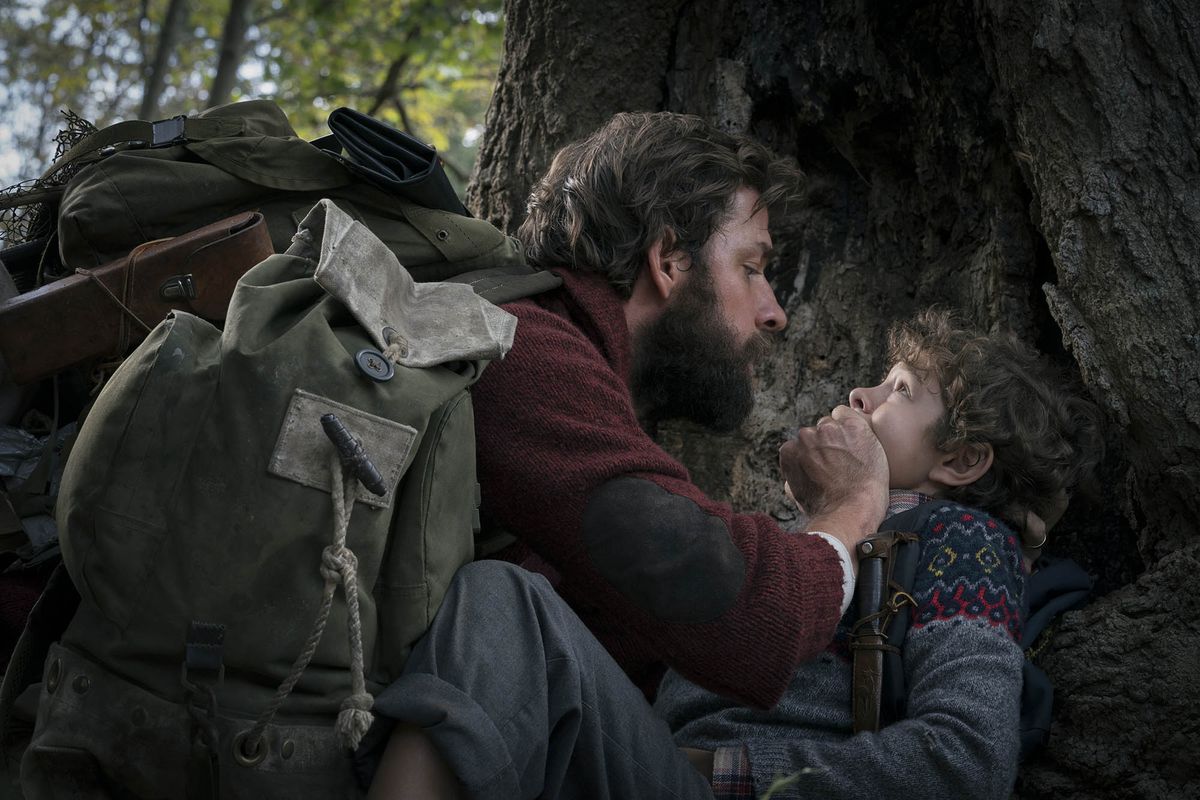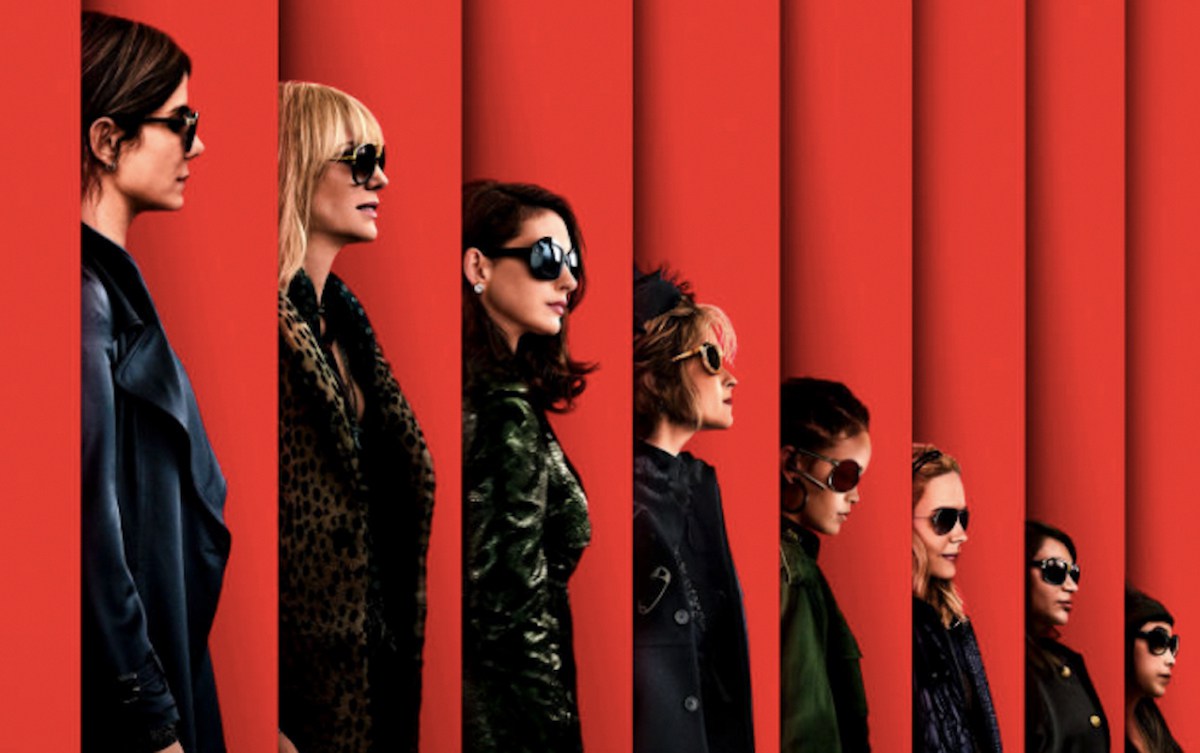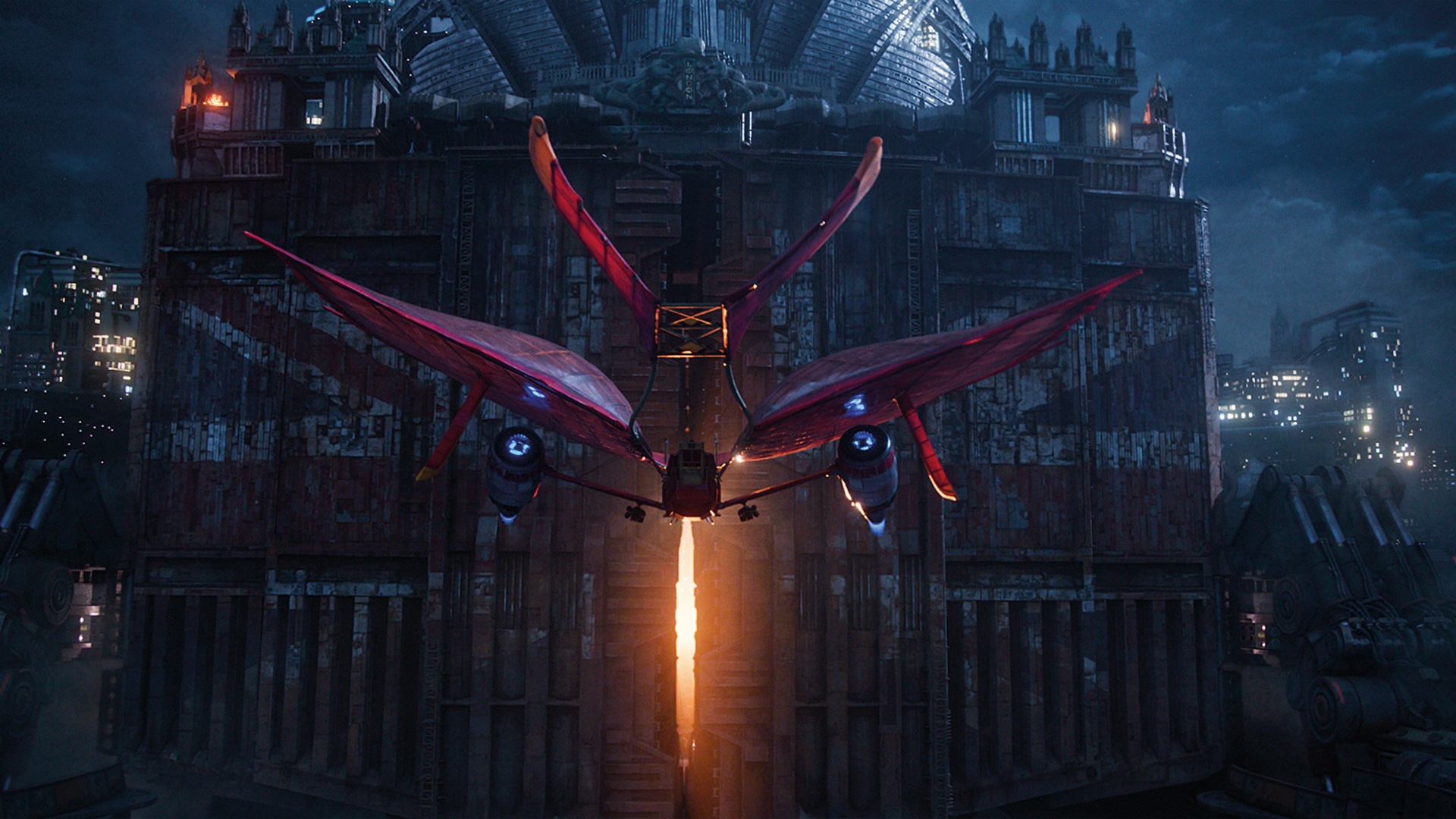Halloween Season is Over... For Now

Disregarding all entries of the franchise, save for the original John Carpenter classic, “Halloween (2018)” manages to avoid the pitfalls of the series’ increasingly pervasive sense of cheapness and trashiness by allowing its director David Gordon Green, along with bringing Carpenter back in a key advisory role, to apply real filmmaking to the exploits of Michael Myers to legitimate impact.
Set four decades after Myers terrorized the small town of Haddonfield, Illinois, the wake of his massacre has left entire fields of true crime investigators and psychologists hungry to figure out what drives his psychosis, while the sole survivor of his rampage, Laurie Strode (reprised by Jamie Lee Curtis), struggles to reconcile her need to come to terms with her trauma for the sake of her health and her family’s happiness, with her desire to see him again to kill him herself as a means of seeking catharsis.
Courtesy images
The previous attempt to reboot the “Halloween” franchise came in the form of the short lived Rob Zombie directed “Halloween (2007)” and “Halloween II (2009).” Although Zombie’s sensibilities as a director tend to be fairly limited, resulting in two thoroughly unpleasant, and borderline abhorrent pieces of disposable cinema, those films do share a key and noticeable common ground with Green’s current reboot. That similarity being that an idea is clearly present from the onset of the story that serves to layout a compelling and rich groundwork that ultimately goes wasted in favor of turning the film into a lesser, cookie cutter slasher flick that its original superiorly codified.
The first third of “Halloween (2018)” is an almost jaw droppingly brilliant deconstruction of the slasher genre that captures the theatricality, atmosphere, and sense of mythology that bred a cultural golden age for it to begin with but filters it through a stark lens of humanity and drama so profoundly that it almost comes off as the sort of revisionist post-modern genre faire that typically resurrects interest in its subject matter not unlike what “Unforgiven” did for westerns or films like “Logan” and “The Dark Knight” for the superhero genre. Michael Myers’s portrayal as an enigma to the world, possessing an aura of malicious chaos and ill intent conveyed through some surprisingly effective cinematography choices and a round of shockingly subtle performances make him far more scary standing still in chains than he ever has been holding that signature knife. As stellar as that eeriness is however, this may very well be the first film in the “Halloween” series in which the true star of the show is its drama.
The reality that Laurie Strode has to live after surviving such a traumatizing incident at such a young age is not a pleasant one and the movie doesn’t shy away from that. Her paranoia towards teaching her family self-defense skills to help them seize the safe state of mind that she had ripped away from her by a threat that she couldn’t fight off is gripping and a harsh reminder that trauma doesn’t just go away after its initial chaos has blown over.
Her self-destructive obsession with being prepared for assault and unconsciously wishing to relive the experience for the sake of ending it the way she desired alienates her family, who struggles to cope with the damage of such an upbringing while questioning whether or not helping her prosper is a lost cause.
Jamie Lee Curtis knocks her return to the role out of the park with a performance that is far more nuanced than any of the schlock written in previous sequels attempting to link Laurie and Michael on a familial level to perpetuate potential drama. If the first 35 minutes or so of “Halloween (2018)” could be isolated into its own feature, it would be the perfect sequel to the original that nobody knew could ever be made while also easily being one of the best films of the entire slasher genre. Unfortunately there’s another hour or so to fill in which the movie burns off its substantial storytelling credibility to simply be just another “Halloween” flick.
Once Michael Myers makes his escape, the film makes a sharp turn into a decidedly schlockier territory, loaded to the brim with horror movie clichés that have been parodied into oblivion, which when coupled with the stylistically late Twentieth Century middle-American aesthetic and synth musical score courtesy of Carpenter in an effort to tie it into that first film as tightly as possible, gives off an almost surreal viewing experience of what feels like a mediocre 35-year-old movie that anachronistically contains technology of the modern era.
The dialogue goes downhill, the focus shifts to infinitely less likable characters, and contrivances and coincidences gradually pile up in sloppy mounds that really left me baffled as to why so much effort was put into such a prime setup for a fizzle of a climax that makes less sense the more it continues and a second act that would barely work as a spoof of the slasher genre in the vein of “Scream,” with almost no thematic threading to the rest of the movie.
As a result, “Halloween (2018)” ultimately comes off as a bizarrely uneven hodgepodge of three almost completely unrelated short films that work in bits and pieces isolated but fail to gel into a cohesive whole of quality storytelling despite an eye of brilliant filmmaking at the forefront.
3 out of 5
Graduating from Texas A&M University—Commerce with a bachelor's degree in News and Editorial Journalism, Jordan Wright has lived most of his adult life professionally critiquing films, from major blockbusters to indie dramas, and has no intentions of stopping.






